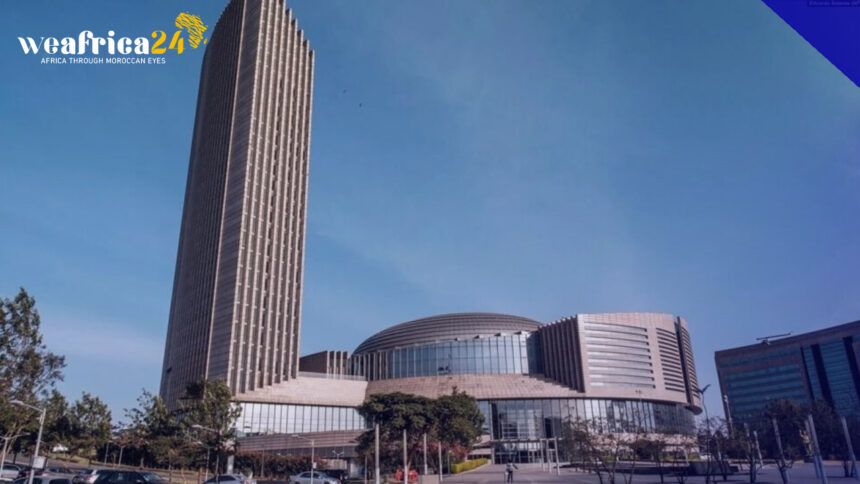As the current term of Azali Assoumani, President of the Comoros, as the head of the African Union nears its end, uncertainty looms over the forthcoming leadership transition. Determining the next country to assume the presidency has become challenging, given the intricate dynamics at play.
The traditional protocol dictates that the presidency should rotate to a North African nation; however, strained relations between Algeria and Morocco have introduced a complicating factor into the decision-making process.
The established norm is for the presidency to be held by the first vice-president of the African Union’s executive body. Unfortunately, this position has remained vacant for the past eleven months due to the inability of North African countries to reach a consensus amid the ongoing tensions.
While there were recent overtures to Mauritania regarding assuming the presidency, sources suggest that Nouakchott has displayed limited interest in the role. Another potential candidate under consideration is Egypt, which previously held the AU presidency in 2019.
If North Africa fails to offer a suitable candidate, the responsibility will shift to Southern Africa. In this scenario, Angola emerges as a potential contender, as a diplomat stationed in Addis Ababa suggested. However, insiders familiar with the workings of the African Union posit that South Africa holds a distinct advantage with two compelling attributes.
The impasse surrounding the selection of the next AU president reflects the intricate geopolitical landscape and the delicate balance of power within the continent. As diplomatic efforts continue to navigate this complex situation, the outcome remains uncertain, and stakeholders closely watch the developments that will shape the future leadership of the African Union.







